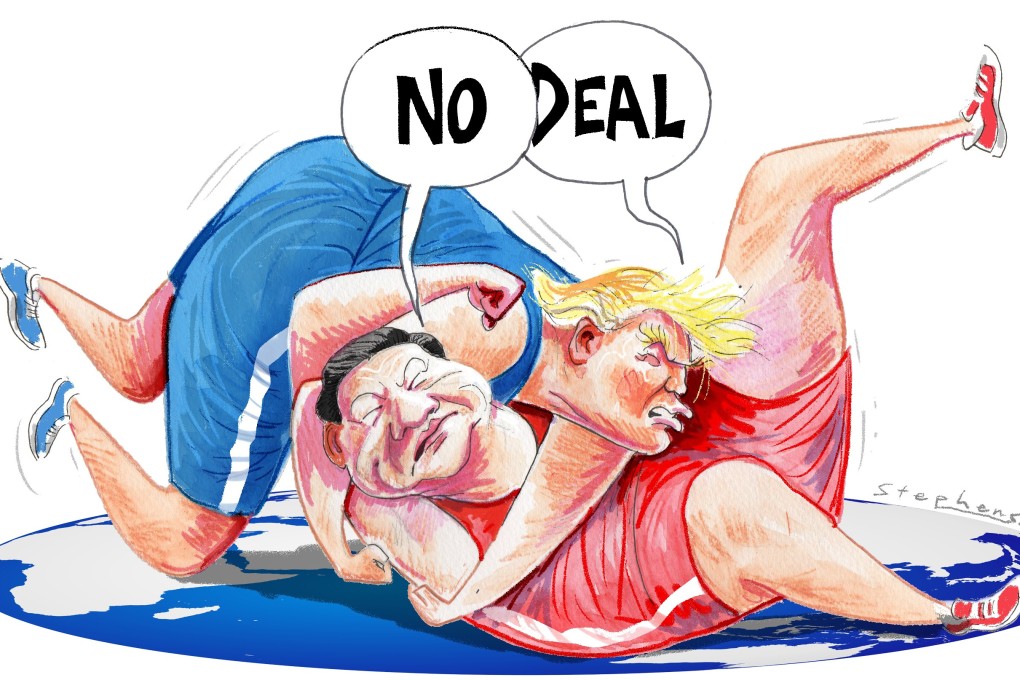Opinion | US-China trade talks: there’s so much more at stake, including Hong Kong and Taiwan. And that’s why they won’t succeed
- Donald Trump can’t take a soft line on China with an upcoming presidential election, and his aggressive tactics will only meet a similar response from Beijing
- This is especially so given the protests in Hong Kong and deteriorating cross-strait relations, and after the ‘currency manipulator’ charge angered Beijing’s moderates

Hope is again in the air with upcoming talks between negotiators from China and the United States about the ongoing trade war. But developments over the past few months in Beijing, Washington and Hong Kong should make it clear that the conflict is about much more than just trade, and a couple of days of face-to-face meetings cannot resolve much, if anything.
Washington’s decision to maximise pressure on Beijing will only meet more resistance, leaving the chances of reaching a deal close to nil.
With a presidential election next year, it seems that the Trump administration, especially President Donald Trump himself, is convinced that the best tactic is to be more aggressive with China. Therefore, Trump has announced two further rounds of tariff hikes since early August – and is waging at least three other wars on Beijing.
